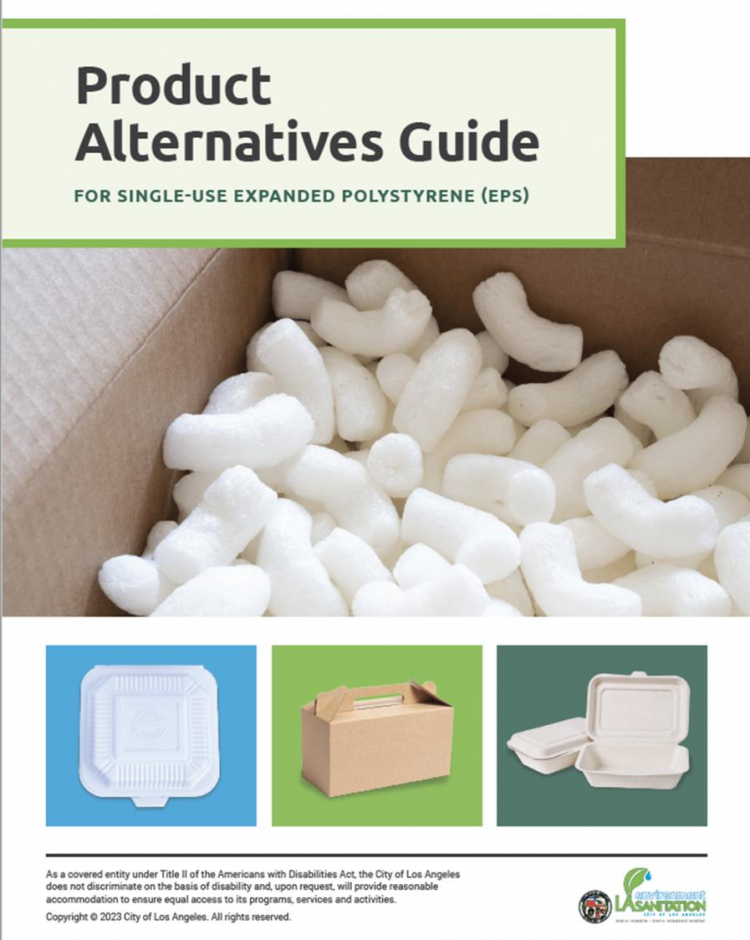Catalyst has been assisting LASAN with these endeavors since 2021, beginning with conducting the CEQA analysis for the City’s Disposable Foodware Accessories On Request Ordinance. In December 2022, the Los Angeles City Council approved three more ordinances that reduce single-use plastic pollution in the City and help the City meets its goal of zero waste by 2050. The three ordinances prohibit the sale of certain expanded polystyrene products (EPS) in the City; expand the types of retail establishments prohibited from distributing single-use carryout bags in the City; and eliminate waste at City facilities and events. Catalyst facilitated six preliminary stakeholder engagement meetings during drafting of the proposed ordinances. Catalyst conducted the CEQA review of the ordinances to support Categorical Exemptions for the ordinances under CEQA Guidelines Section 15307 (i.e., Class 7) and Section 15308 (i.e., Class 8). Catalyst is currently assisting with enhanced public outreach and stakeholder engagement following the approval of the three ordinances. In support of the EPS Ban Ordinance, Catalyst developed a Product Alternatives Guide for Single-Use EPS to inform businesses and consumers about the available alternatives to EPS.
Catalyst is currently preparing the Program EIR for the entire Comprehensive Plastics Reduction Program, which would involve measures to reduce or eliminate the production and use of single-use plastic products and encourage reuse of other items to the extent feasible, thereby reducing or eliminating the input of single-use plastics into the City’s waste stream and the environment (“upstream” measures) as well as elements to increase the City’s ability to manage alternative materials, such as by collecting, reusing, recycling, and composting alternative materials and supporting reusable products (“downstream” measures).
